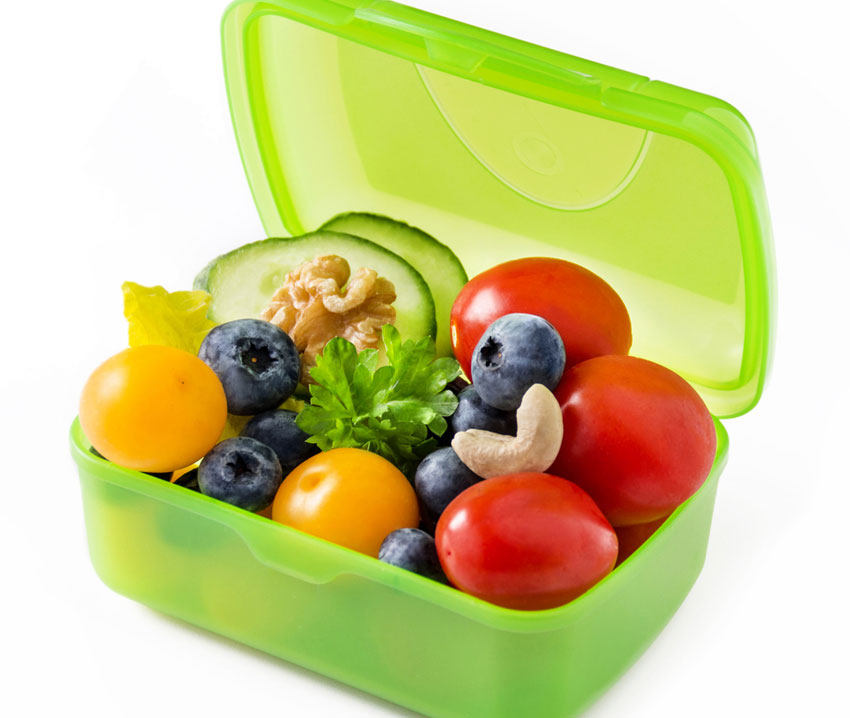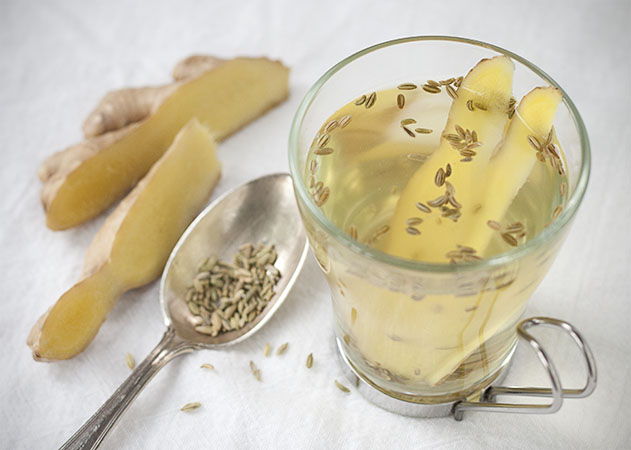If you drink one coffee per day, it may not seem like it would matter if you’re adding a little coffee creamer to it – it’s just one drink, right? But those small, daily decisions are what shape your overall and long term health. A little margarine here, a little canola-oil filled salad dressing there… it all adds up.
These sneaky offenders are not the obvious junk foods we need to avoid, like cookies, bread, dairy, other processed inflammatory foods, so they often make their way into our diet without us even realizing the damage they are doing to our health.
Many of them are marketed as healthy or luxurious, so we assume there’s nothing wrong with them, and others are a staple item that have been on the market for decades, so it’s natural to always want to keep them in your kitchen.
Coffee creamer may seem like a better option than sugar and cream, especially since you aren’t seeing the white sugar go into your drink, and since you only need a small amount of it, it seems harmless. A quick check of the ingredient label will show you the excessive amount of ingredients used, including artificial flavours, thickeners, preservatives, and often multiple forms of sugar. Instead, try opting for honey or maple syrup if you need a sweetener,
Flax bread, Quinoa bread, or any other flour-based bread that adds seeds to the surface to market it as “healthy.” Don’t be fooled; adding healthy ingredients to a problematic food doesn’t make it healthy; the flour-based bread is still likely to cause you digestive issues, inflammation, and potentially more symptoms. Ezekiel bread is a great, healthier option if you want to keep bread in your diet.
Corn or vegetable oil: With their clever marketing showing produce on the label, it’s easy to think that these oils are “healthy fats” given that they’re derived from vegetables, correct? Wrong. They are highly processed, inflammatory, and not going to contribute to good health. The same goes for margarine (directly made from these oils, and is even more processed to solidify it), mayonnaise, and packaged salad dressings that use highly processed vegetable oils as their base. Stick with avocado oil and olive oil, in small amounts.
Deli meat: “Oven roasted turkey breast” sounds harmless, right? Think again. Filled with a long list of ingredients, deli meats have been linked to colon cancer, and are not a good option for your daily lunch. There are some healthier, less-processed deli meat options on the market, but real, home-cooked meat is always going to be the best choice.
Peanut butter: Promoted for it’s protein content (which truthfully isn’t very significant), peanut butter is popular in the health world. Unfortunately, conventional peanut butter is filled with soybean and vegetable oil, sugar, and more. Natural peanut butter (typically just peanuts and salt) is a far better option, but peanuts can still contribute to gut and skin issues for many people, making almond or cashew butter an even better choice.
Yogurt: Another victim of heavy marketing, with claims of probiotics and regularity to lure you in. While yogurt does naturally contain probiotics, dairy is still a major trigger for digestive issues in many people, and it’s negative effects often outweigh the benefits. Sugar, thickeners, artificial flavours, and more make this popular food a poor choice. If you don’t want to give up yogurt completely, opt for plain yogurt and sweeten only with fruit or honey.
Take a quick read over this list again, and think about how many of these products you have in your kitchen, or eat on a regular basis. Now, consider swapping them out for the healthier options listed above, and you’ll be well on your way to better health!






Leave A Comment